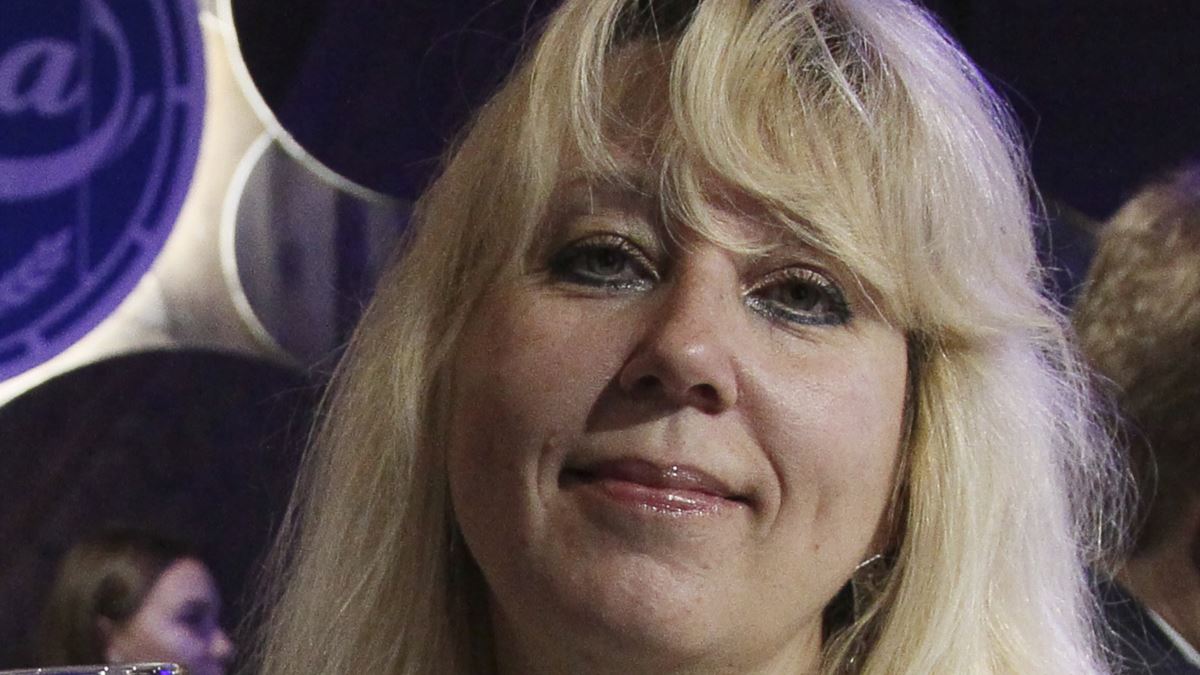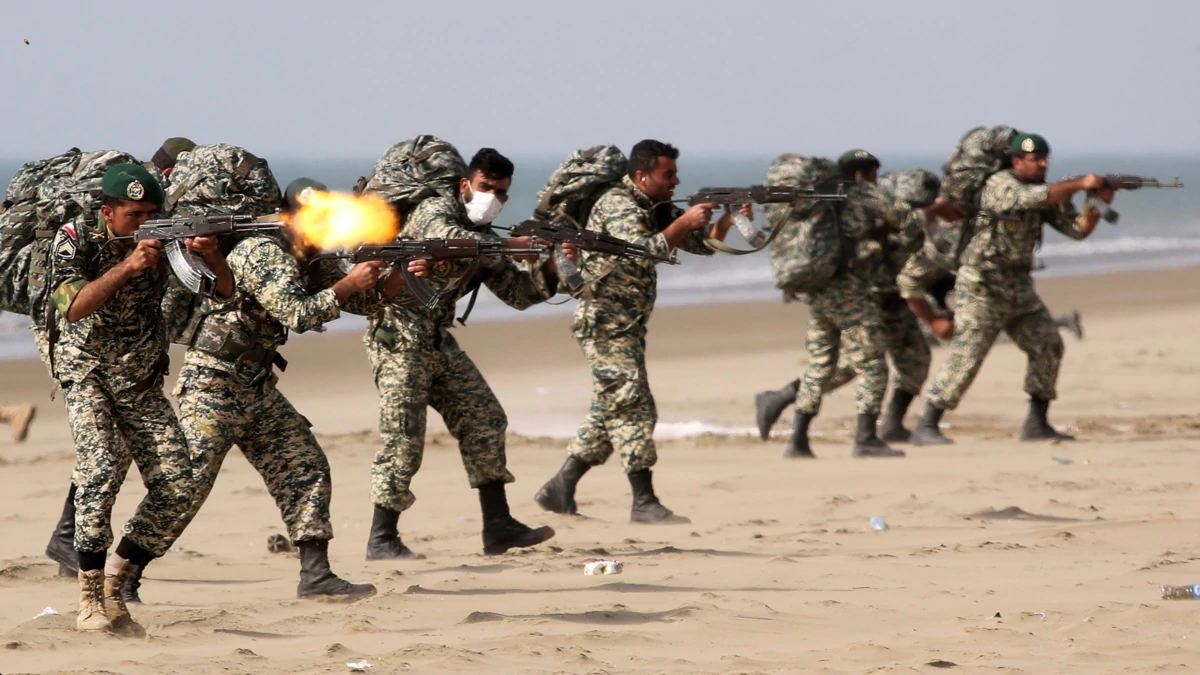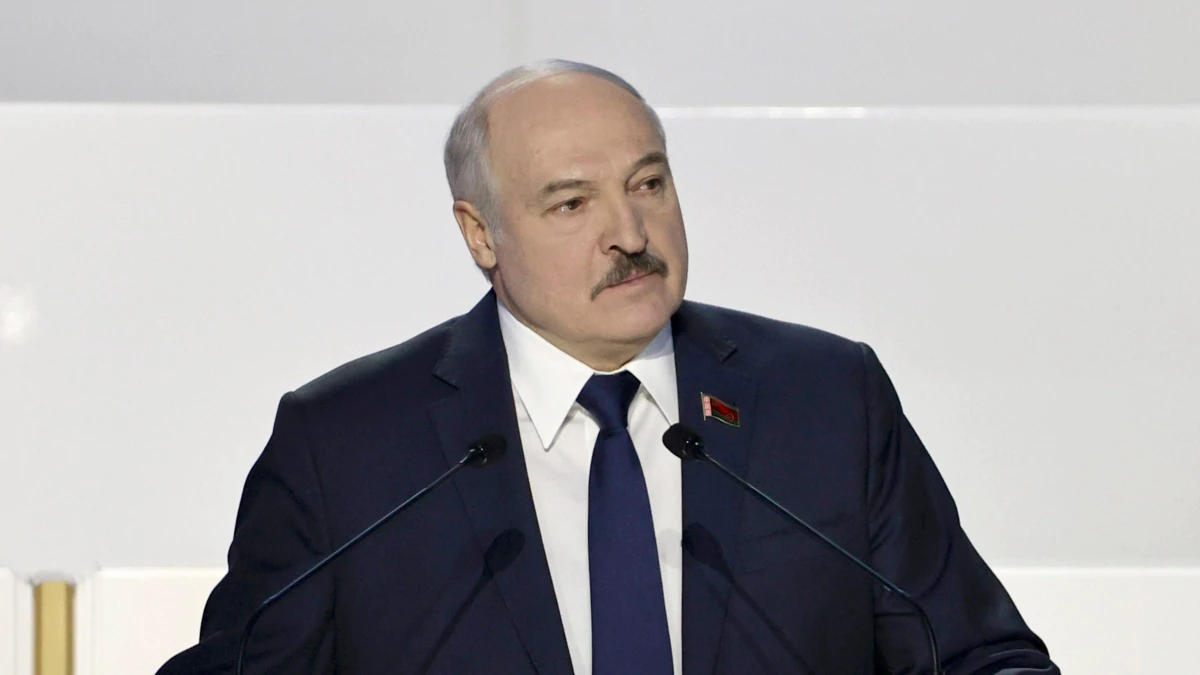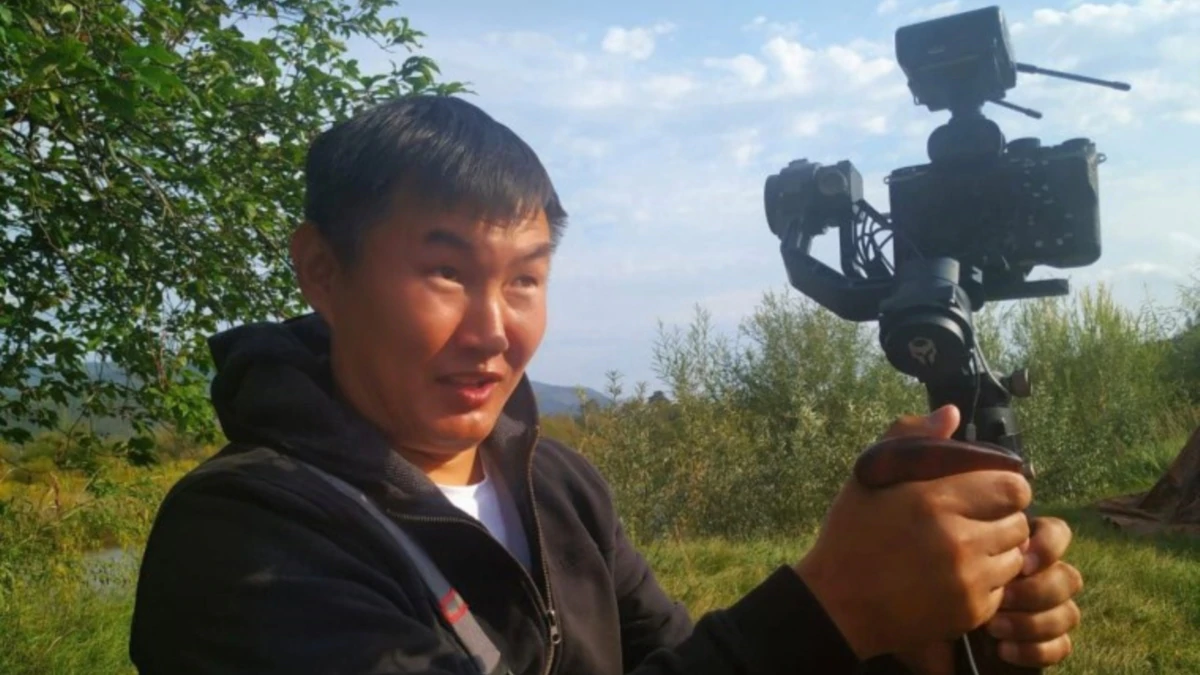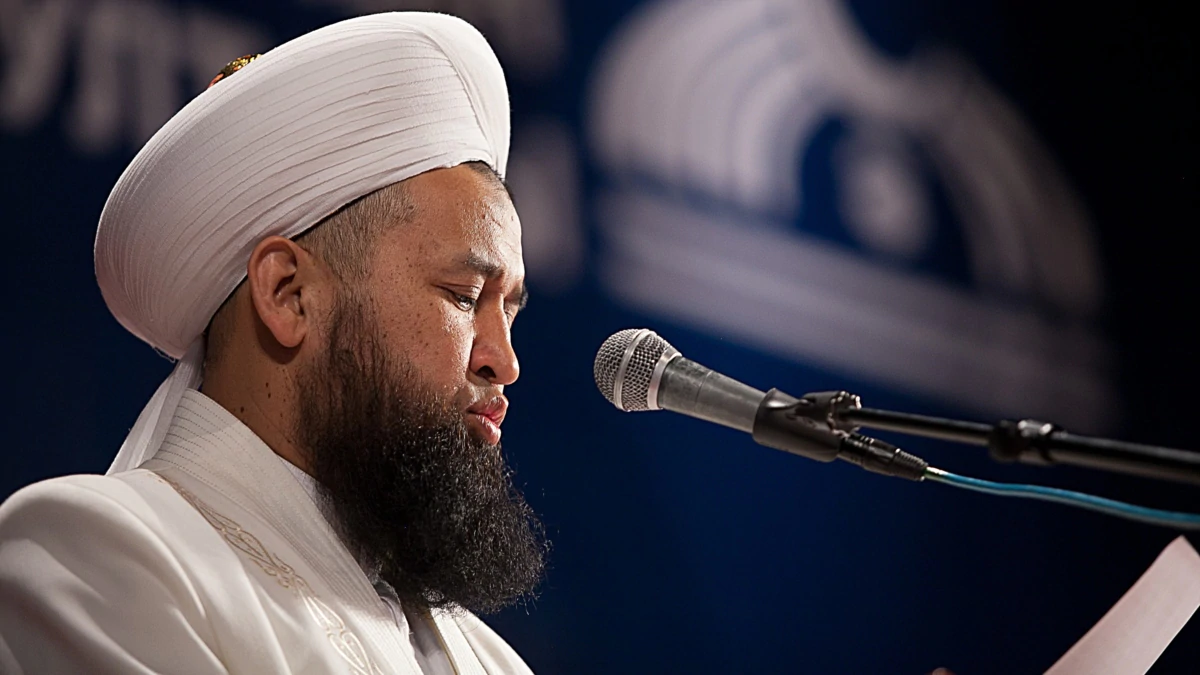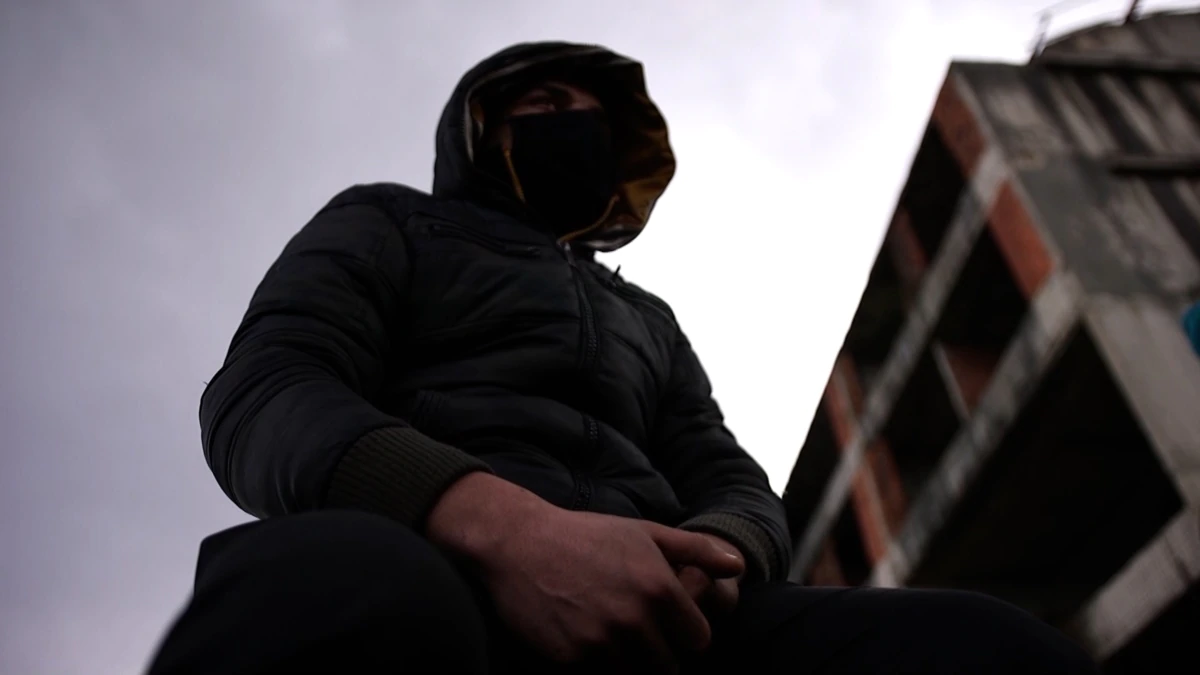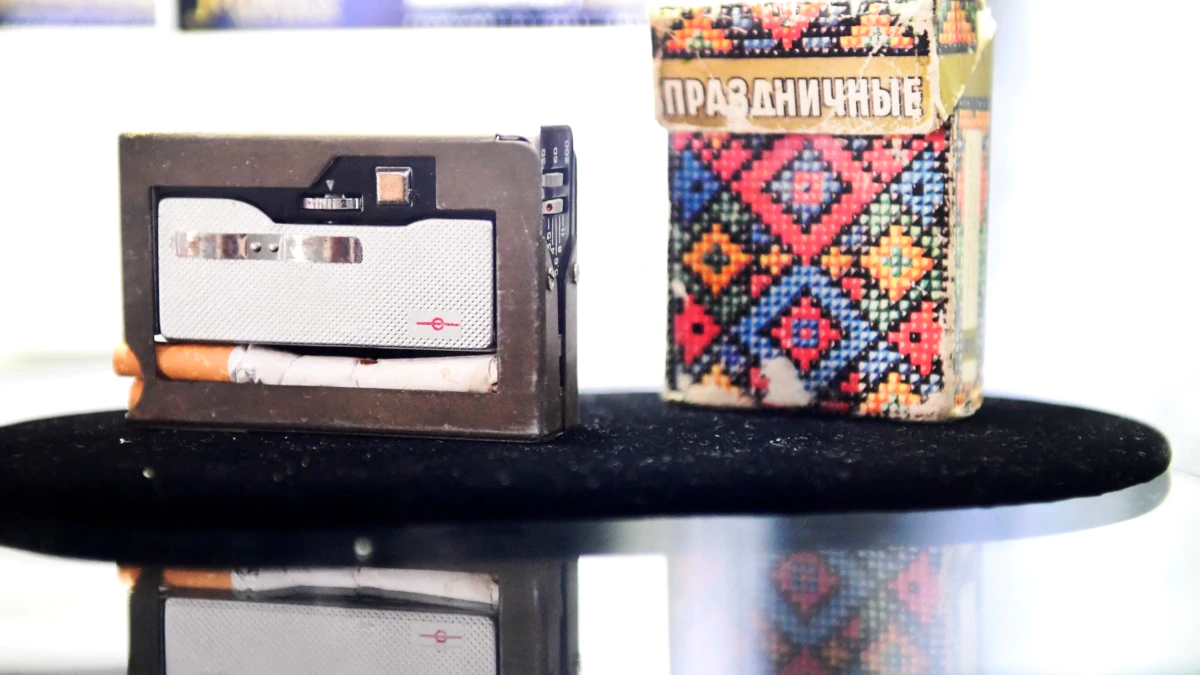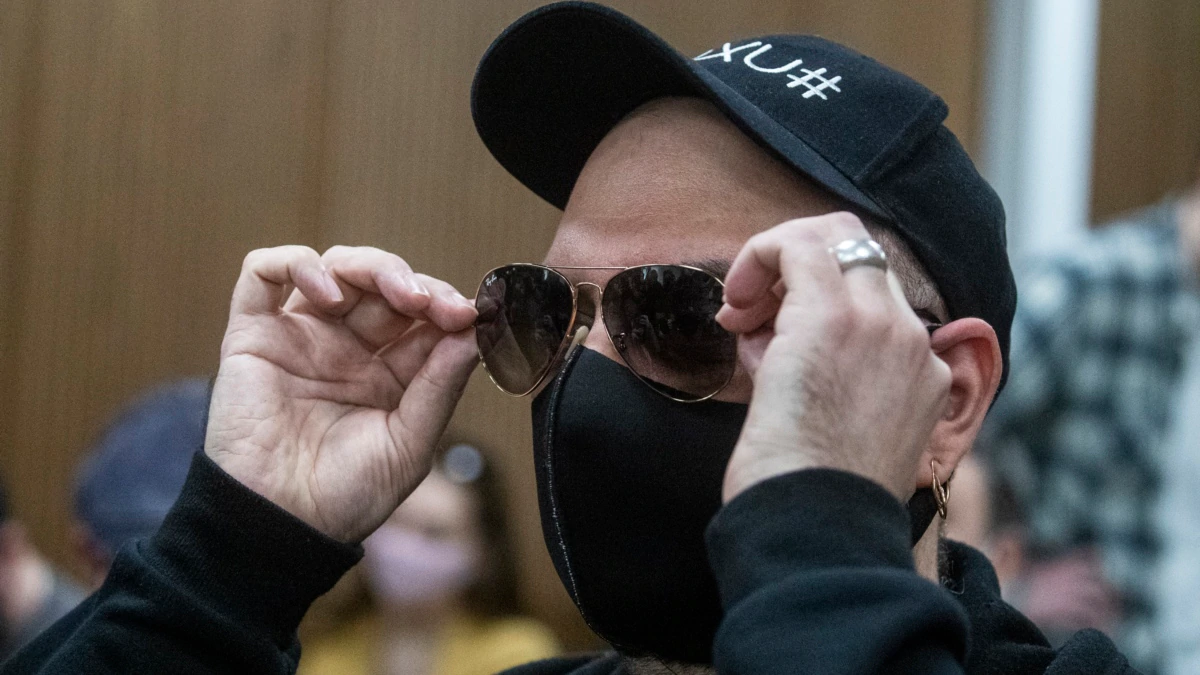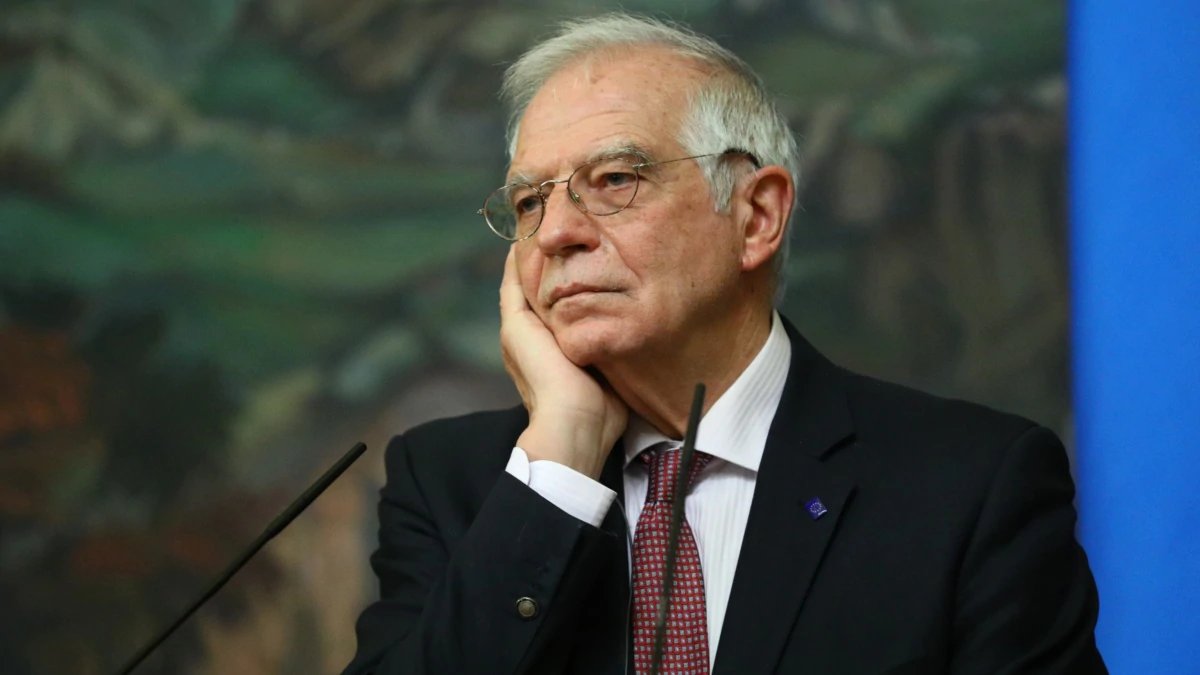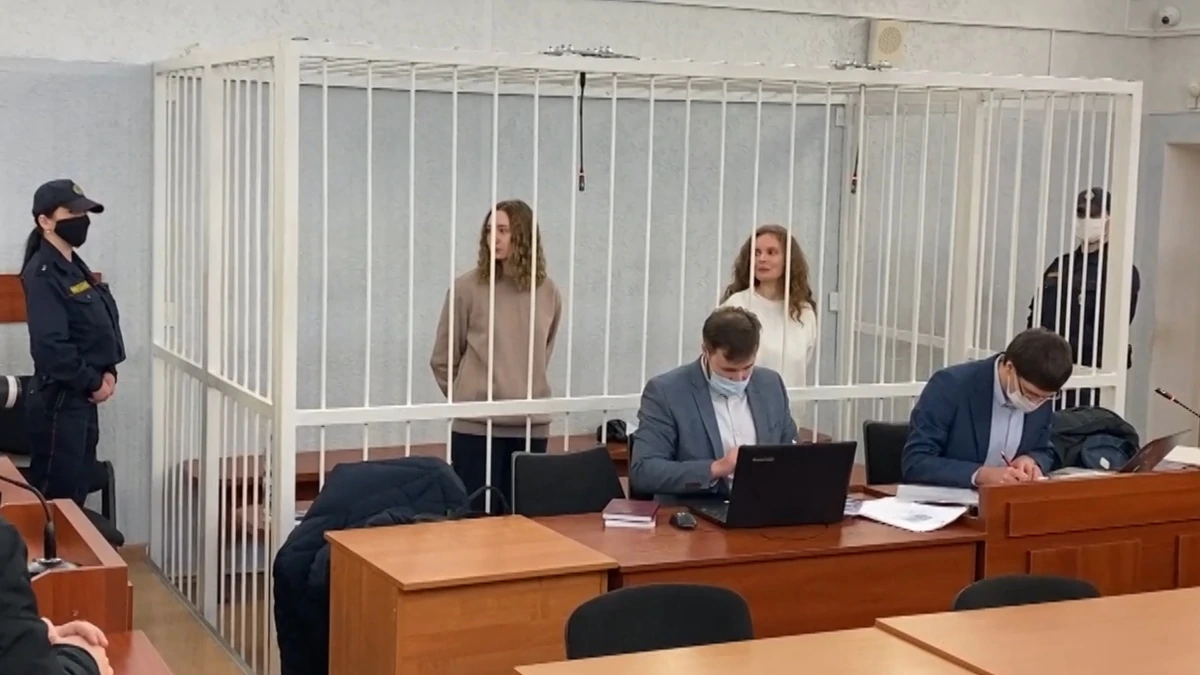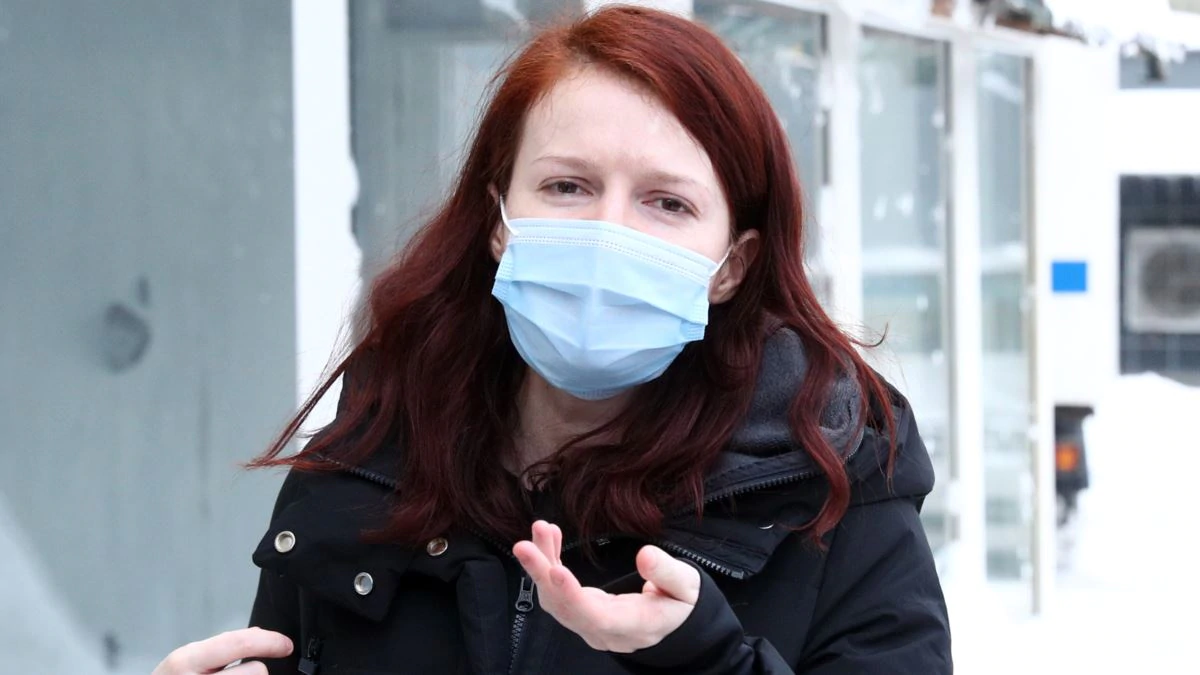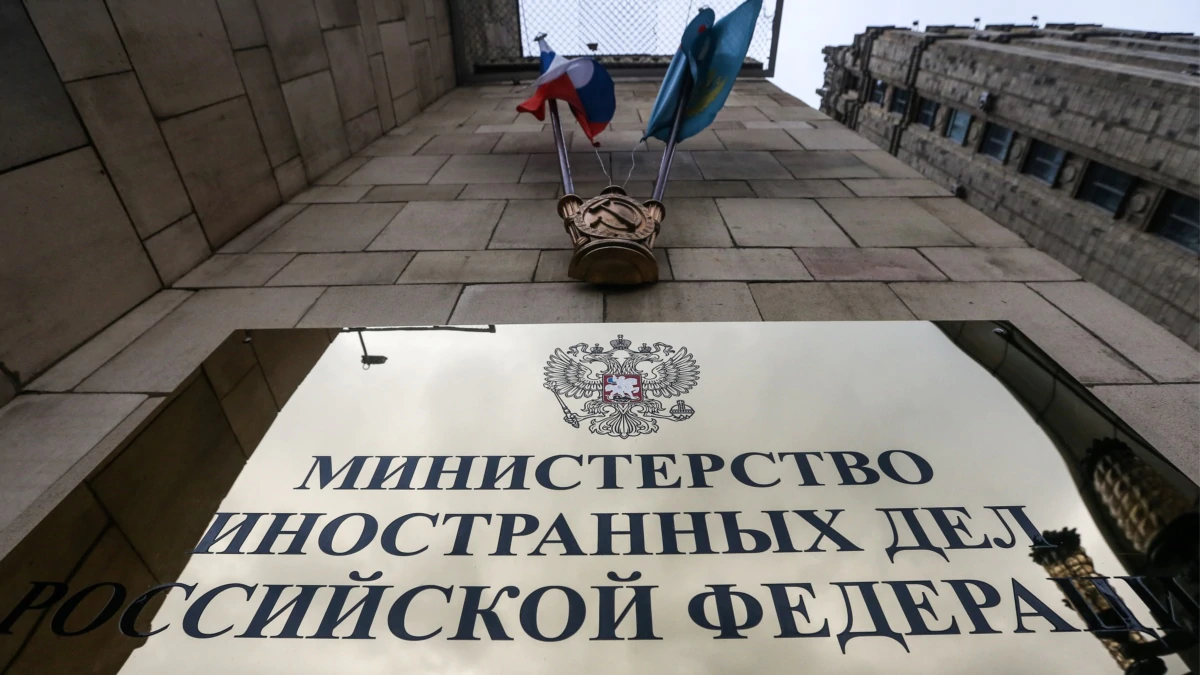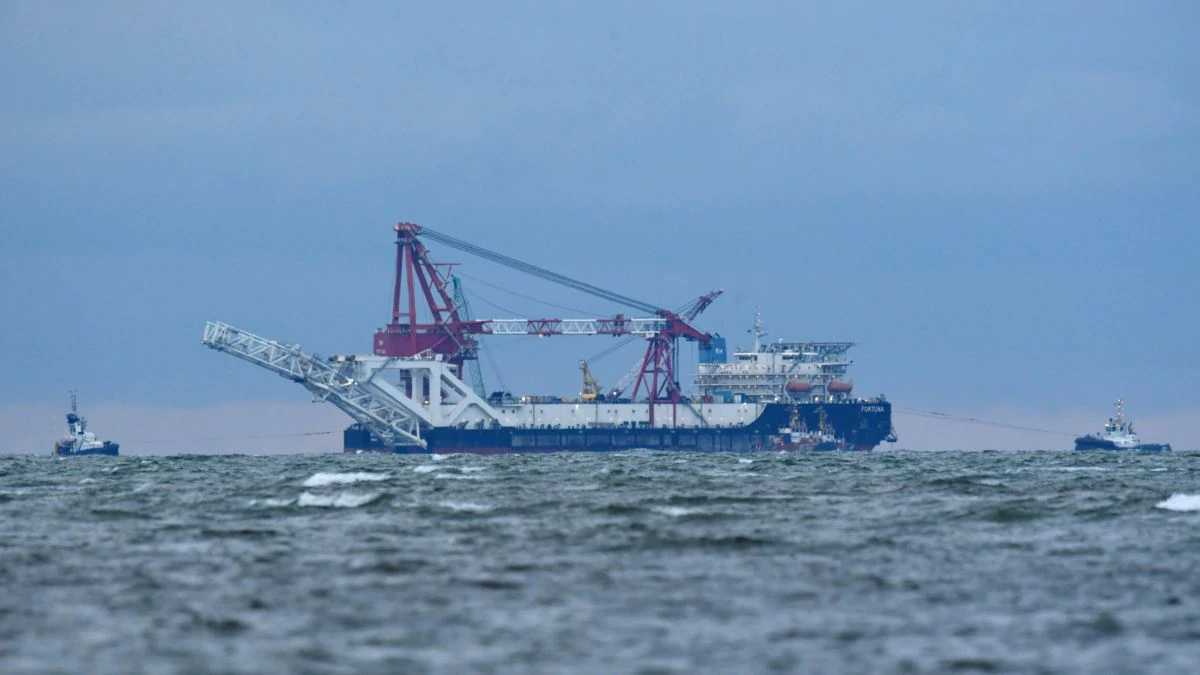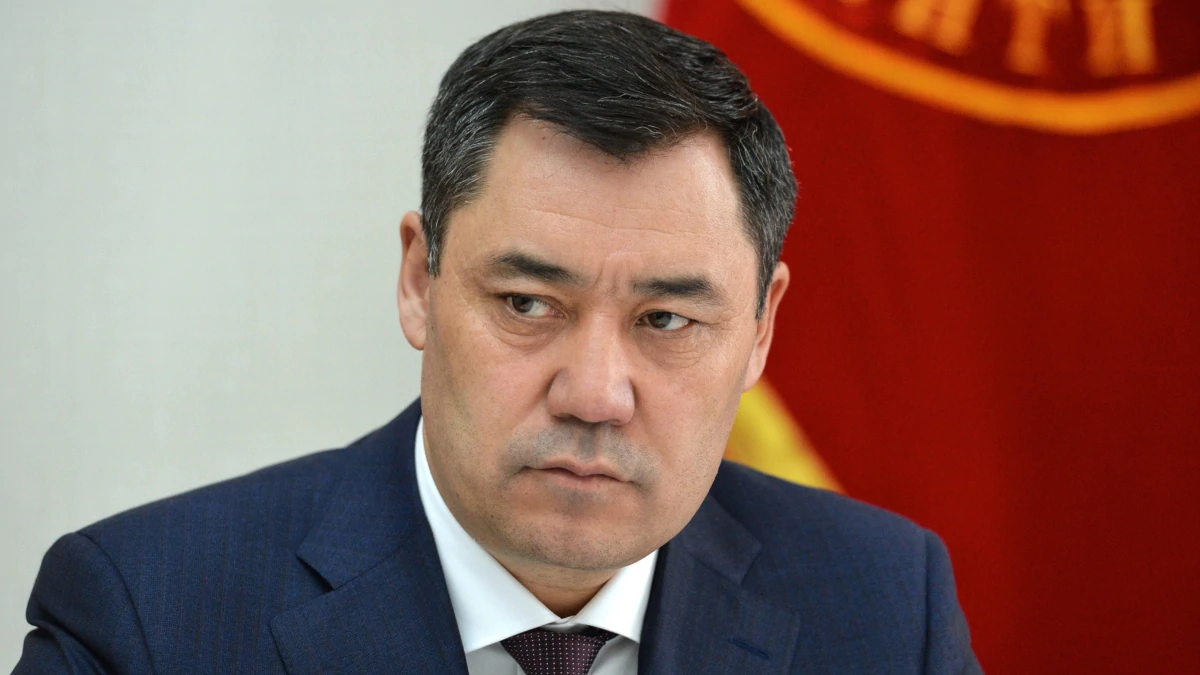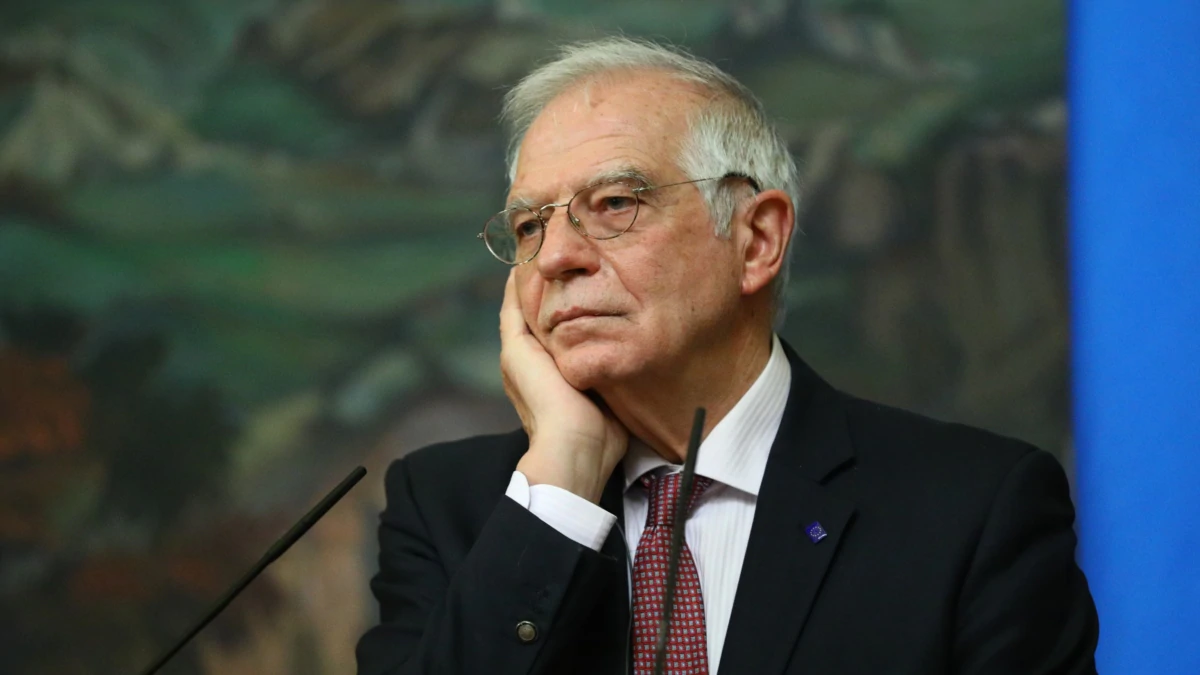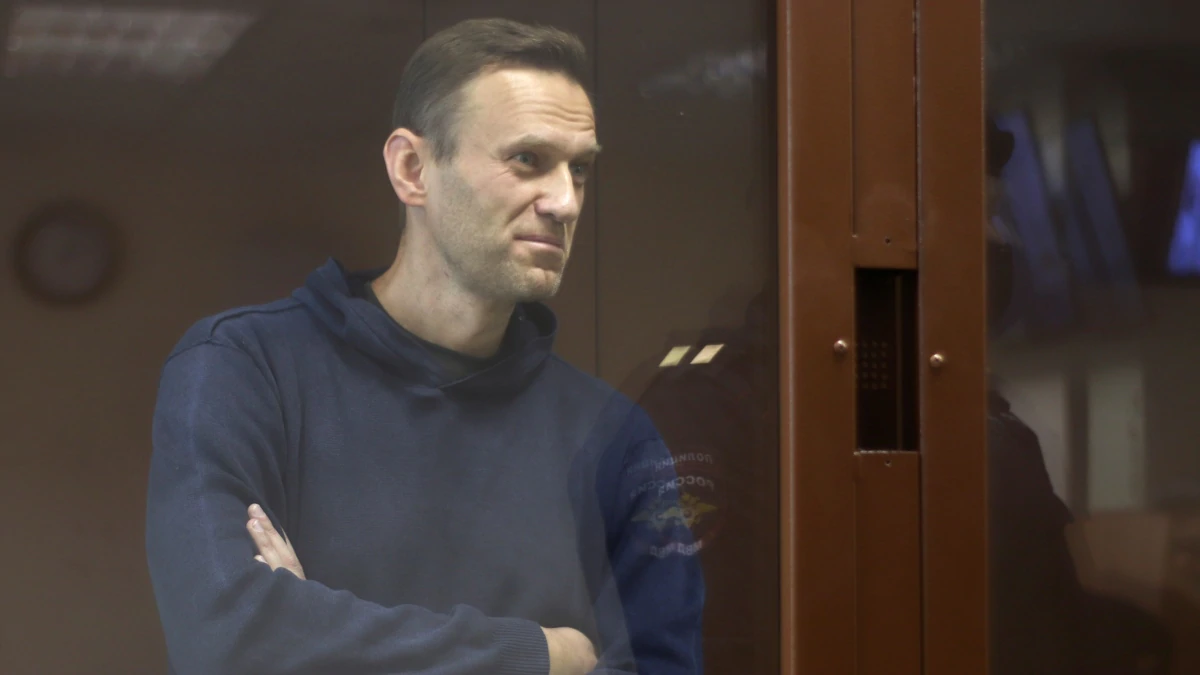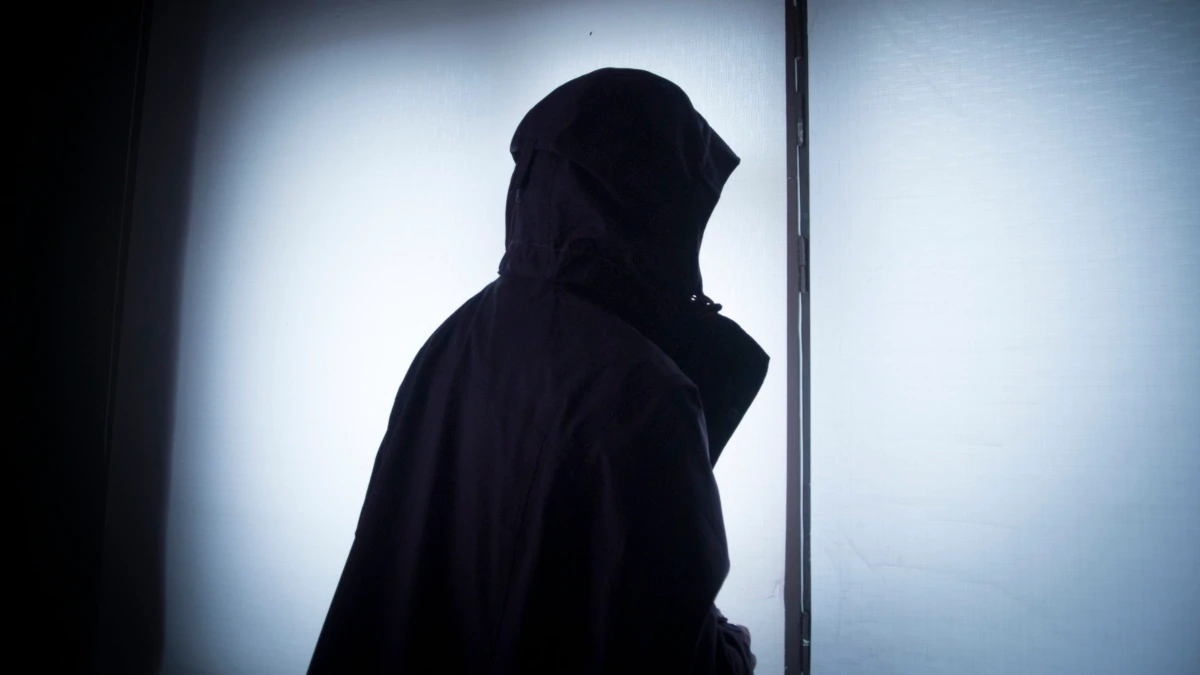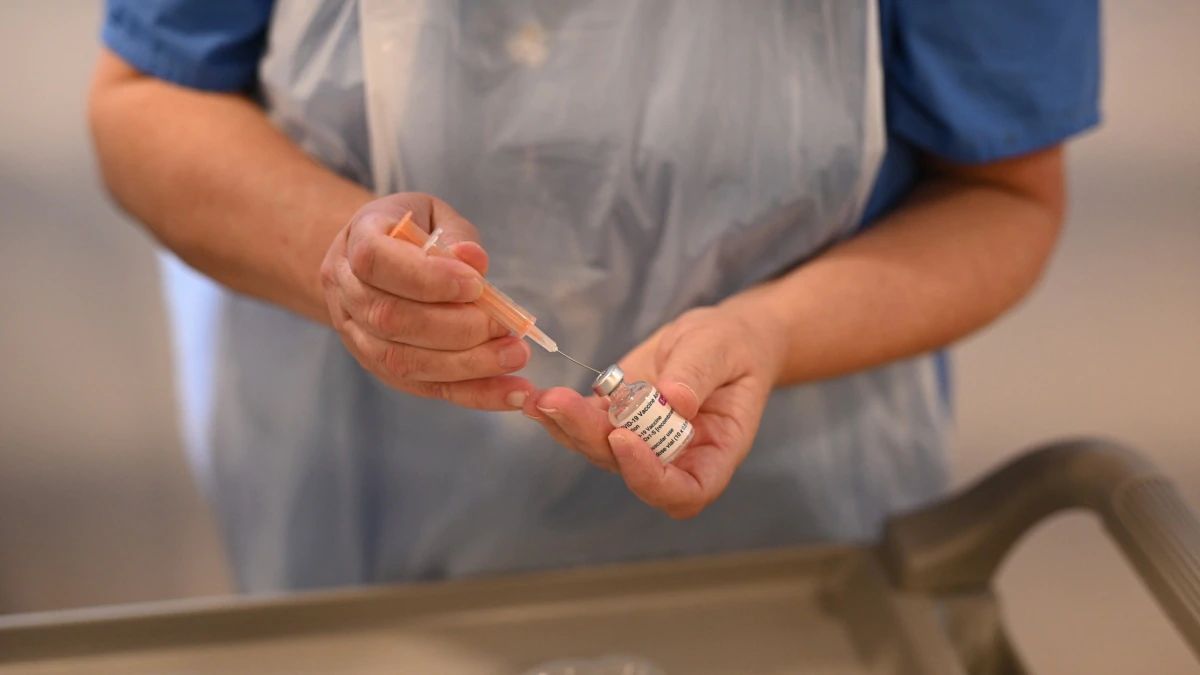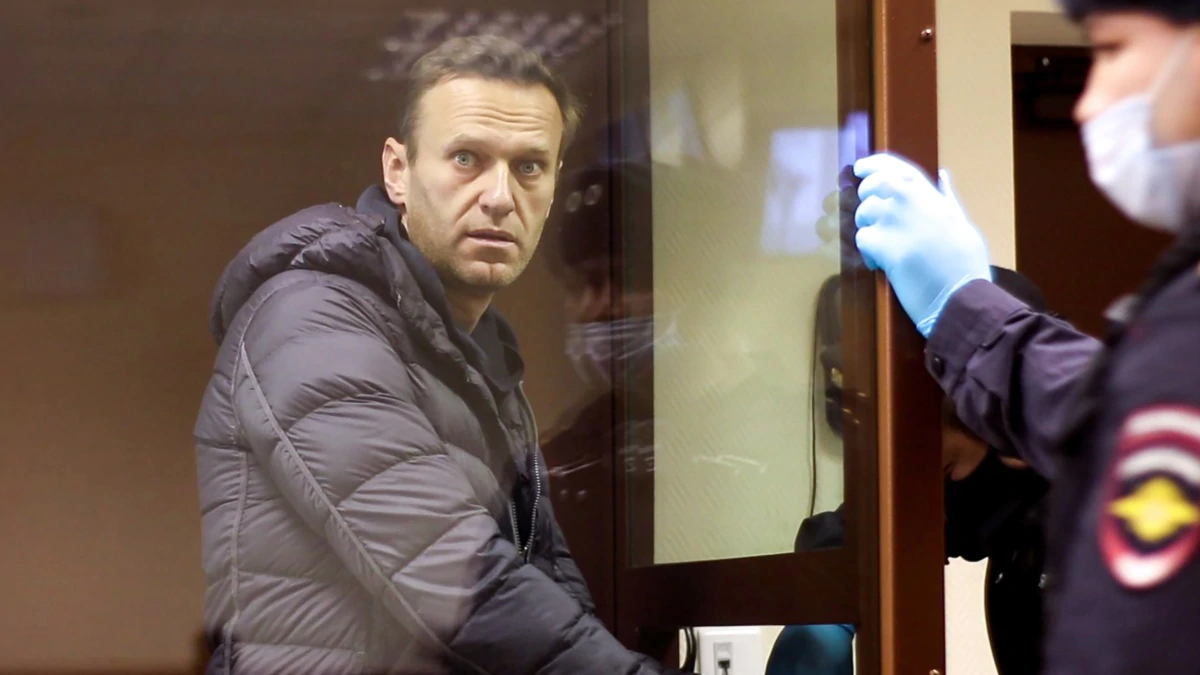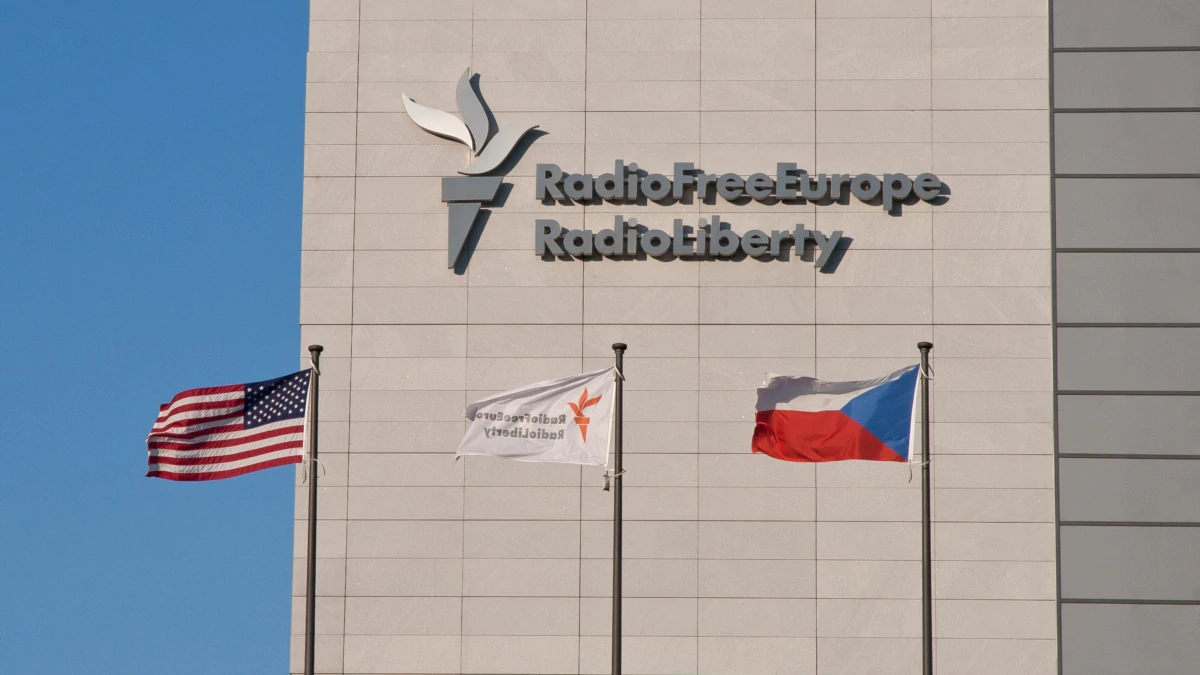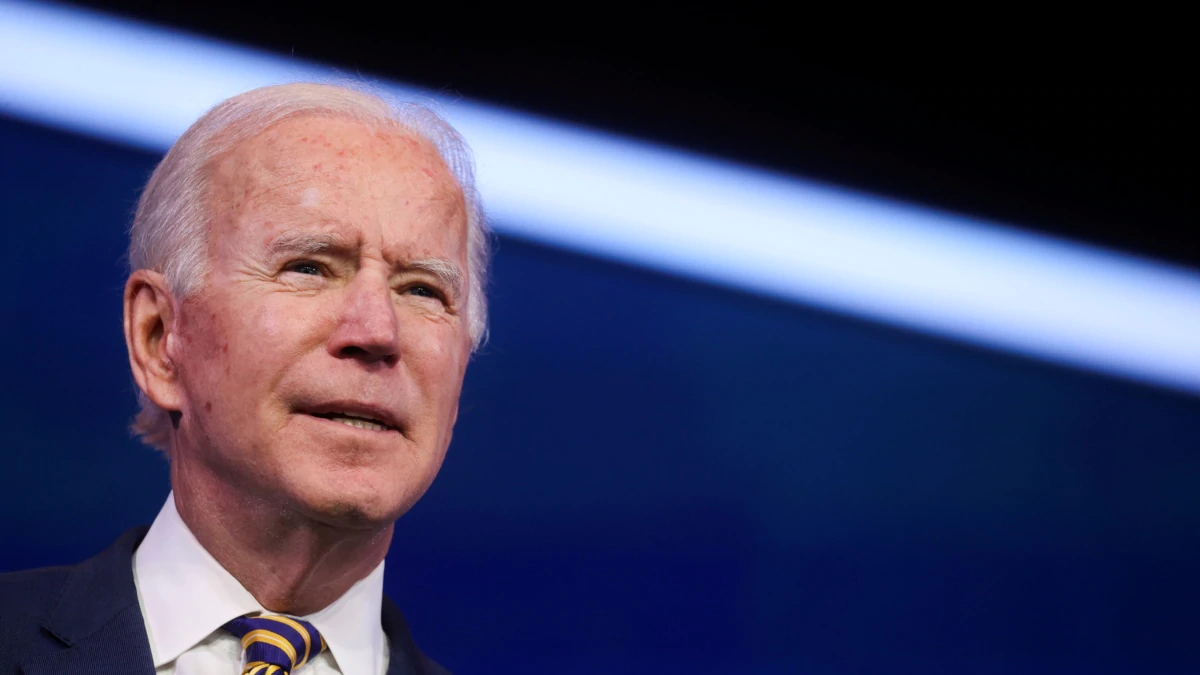There was an air of inevitability about the prison sentence handed down to Aleksei Navalny this week — and a sense of foreboding about its potential consequences, short-term and long. It’s a combination that has become familiar over Vladimir Putin’s 21 years in power, stretching back at least as far as his decision, almost a decade ago, to return to the presidency after a four-year break.
Here are some of the key developments in Russia over the past week and some of the takeaways going forward.
Some of the biggest events that have shaped Russia over Vladimir Putin’s 21 years in power have seemed to come out of the blue, even if underlying factors existed in advance: The Beslan school seizure in 2004, for example — a surprise attack that led to the deaths of 334 people, including 184 children, and then to a Kremlin campaign to tighten control over the country.
Other developments, such as those widely seen as decisions by Putin, seemed inevitable — or at least, came to seem inevitable as they approached, even if millions of Russians and a smaller number of Russia-watchers may have hoped against hope that they would go the other way, like baseball fans willing a home-run ball hit by the opposing team to go foul.
It happened in September 2011, when Putin revealed his plan to return to the presidency the following year, after stepping down into the prime minister’s post in 2008 and steering Dmitry Medvedev into the Kremlin to avoid violating the constitution.
It happened in a different way last year, when Putin — who had long signaled that he would take some other path to keep a hold on power after 2024 — made clear in March that he would hand himself the right to run for two more six-year terms by changing the constitution he had so carefully avoided violating, and then secured that option in July.
In both cases, the decisions caused dismay for Russians who had been hoping for change, reform, and a new direction for a country that Putin has now dominated since 1999 — and undermined Putin’s repeated assertion that he’s in it more for the people, not for power itself.
And in both cases, they sparked fears — which soon turned out to be well-founded — of new crackdowns, tighter screws, and a further narrowing of the space for dissent to be voiced and civil society to gain purchase.
A wave of protests in 2011-12, sparked in part by Putin’s decision to return to the Kremlin, led to dozens of prosecutions on what Kremlin opponents said were absurd and unfounded charges in the so-called Bolotnaya Case, a reference to the Moscow square where a large protest was held on the eve of Putin’s inauguration to a third term in May 2012.
And now, in the eyes of many in Russia and abroad, it has happened again: On February 2, two weeks and two days after Navalny returned to Russia following treatment in Germany for a near-fatal nerve-agent poisoning he blames on Putin, a court ordered the opposition politician and anti-corruption activist to be imprisoned for 2 years and 8 months.
‘Don’t Pretend You’re Making Decisions’
As the court date approached, it had seemed increasingly clear that Navalny would be handed the full sentence requested by the state — and that’s what happened. At a hearing colored by absurdities on a charge he denounced as absurd, the Kremlin foe was ordered imprisoned for 3 1/2 years in prison, minus 10 months for time served.
Everything the state had said and done since Navalny’s return — from raiding the homes of his allies to baselessly accusing the United States of inciting protests in his support — seemed to point to the Kremlin foe getting the maximum or more: He still faces a potential fraud charge that could lead to an additional 10-year prison sentence.
And he was back in court for yet another case on February 5. Charged with slandering a World War II veteran and others who were featured in a promotional video for the constitutional amendments that cleared the way for Putin to seek two more six-year terms if he wants, Navalny pushed back by accusing the Kremlin of fabricating the case and trotting out the 94-year-old man for propaganda purposes.
Navalny also delivered a concise rebuke against the judge in the case, and against a justice system in which verdicts in politically sensitive trials cases are widely believed to be handed down by the Kremlin, saying: “You are a person playing a judge. Don’t pretend that you’re making decisions here.”
And this time, the fears of a further crackdown were borne out even before the February 2 hearing took place. At protests nationwide on January 23 and January 31, police detained some 10,000 people — an unprecedented number, even given the fact that the rallies were Russia’s biggest in years — beating some with truncheons and making frequent use of electric shock batons.
The violence persisted on February 2, as riot police chased protesters though the streets of Moscow, St. Petersburg, and other cities, detaining more than 1,400 people.
‘Increased Pressure’
The violent police response to overwhelmingly peaceful protests seemed to add to evidence of the accuracy of predictions that the adoption of the constitutional amendments would further empower hard-liners in Putin’s ruling apparatus while dealing fresh setbacks to democracy, human rights, and the rule of law.
The visual evidence of this development was stark: Footage of more than two dozen detainees cramped into a cell meant for eight — some of them, in a piece of dark irony, held for allegedly violating COVID-19 restrictions — and of police pressing detainees into the muddy slush of Moscow’s streets or tasing people as they frog marched them to detention.
While the outcome of Navalny’s hearing on February 2 may have come to seem inevitable, the longer-term consequences are less predictable — but grim forecasts prevail.
“The current ruling is only the first part of a saga,” Russian political analyst Tatiana Stanovaya tweeted shortly after the court decision.
Navalny is likely to face further charges, she wrote, while “other groups will face increased pressure — liberal media, NGOs, opposition-minded activists, and average citizens.”
For security agencies like the Federal Security Service (FSB), “Navalny and the people who have marched in recent weeks are nothing less than enemies of the state and a tool for foreign meddling and interference,” Stanovaya wrote. “That excludes the possibility of dialogue or concessions let alone the legitimate right to protest.”
For the time being, street protests may not play much of a part in the struggle that heated up with Navalny’s return to Russia. In an unexpected announcement on February 4, his top associate said that no new protests were planned for this weekend — and probably none for weeks or months.
“If we come out every week, we will have a thousand more arrested and hundreds beaten,” Volkov said.
Protest Pause
Volkov suggested that Navalny’s supporters would seek to stage a small number of big protests in spring and summer — and that the focus would be on weakening the ruling United Russia party and other Kremlin-backed forces in the elections to the lower house of parliament, the State Duma, which must be held by September 19.
Meanwhile, he indicated, they would encourage Western governments to turn up the pressure on the Kremlin, saying the goal was that “no world leader talks to Putin about anything other than Aleksei Navalny and his release.”
That seems unlikely. The new U.S. administration reached an agreement with Russia to extend the New START nuclear-arms limitation pact, which had been set to expire on February 5, and has signaled that it will be tough on Putin’s government — but not to the point of limiting dialogue to a single issue.
During a visit to Moscow that was the first of its kind since 2017 and was marred by Russia’s decision to expel three European diplomats it claimed participated in the protests, European Union foreign policy chief Josep Borrell said he voiced the EU’s “deep concern and reiterated our appeal [for Navalny’s] release and the launch of an impartial investigation of his poisoning.”
But Borrell said that there were no proposals of additional EU sanctions against Russia at this point. He also hailed Russia’s Sputnik V coronavirus vaccine, which trial results published this week indicated is safe and effective, and said he hoped it could be certified for use in the bloc — a development that would be a major success for the Kremlin.
Volkov’s remarks put off further tests of the opposition’s strength and stamina, and seemed to hand a powerful victory to Putin. The big question: Will it be Pyrrhic in the long run?
One thing to consider in pondering that question is the opinion polls — and what they don’t necessarily mean.
Observers who dismiss Navalny’s challenge to Putin point to the president’s approval ratings and other poll numbers, contrasting them with Navalny’s far lower figures.
One thing such comparisons tend to overlook is that Navalny is not running against Putin in an election — he was barred from doing that in 2018, five years after he came in second to the Kremlin-backed incumbent in a Moscow mayoral election, with nearly 30 percent of the vote.
And while the protests that followed Navalny’s return focused on calls for his release, many of the demonstrators have said they came out not to back him as much as to voice dissatisfaction with Putin’s government and support what its vocal foe is calling for, such as curbing corruption, making citizens safe from the predations of the state, and holding democratic elections.
‘Divide And Polarize’
In any case, observers say that opinion-poll numbers can be deceptive because respondents are more likely to voice support for a politician who is already in power, and also point out that the margins are narrowing in some cases.
According to a January survey by the independent Levada Center pollster, Putin’s job approval rating was 64 percent. That is almost two-thirds, but it is lower than it was in November 2020, far lower than the high-80s numbers recorded in 2014-15.
A separate Levada poll conducted in January indicated that 19 percent of Russians approve of Navalny’s activities, while 56 percent disapproved.
Journalist Leonid Ragozin cautioned against drawing far-reaching conclusions, writing on Twitter that the result “looks pretty good [for Navalny] for an authoritarian country where [the] economy is in fairly good shape.”
“Russia’s ‘aggressively-obedient’ majority can change orientation practically overnight when things go awry,” Ragozin wrote.
It’s unclear whether and when that might happen, of course — but in the meantime, analysts warn, tensions are likely to increase.
“The authorities will resort to repressions but they are no longer able to consolidate people around Putin,” Stanovaya wrote. “That effort will, in turn, deeply divide and polarize society with all the attendant, unpredictable consequences.”
This post was originally published on Radio Free.
